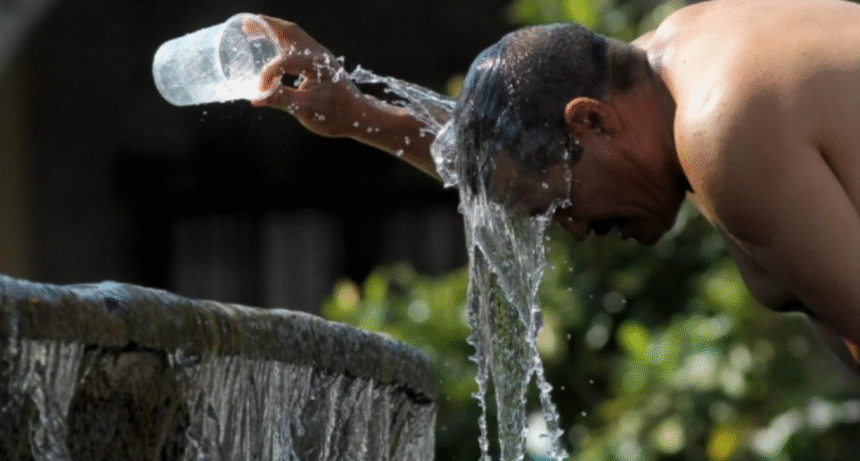The summer of 2025 is on track to become one of the two hottest ever recorded in Spain, nearly rivaling the record-breaking summer of 2022.
A historic heatwave in August set a new intensity record, with a temperature anomaly of +4.6°C, according to Spain’s National Meteorological Agency (AEMET).
Based on observed data and forecasts through August 31, summer 2025 is expected to be nearly equal to summer 2022 — currently the hottest summer ever recorded — with both far surpassing the historic summer of 2003.
Throughout 2025, warm periods have been far more frequent than cold ones. While March was notably cold and May hovered near average, all other months have recorded high, very high, or exceptionally high temperatures.
As a result, 2025 ranks as the second-hottest year on record from January to August, just behind 2024. This underscores a trend seen in the past four years, which have all been significantly hotter than previous decades.
🌡️ The most intense heatwave in Spanish history
The late August heatwave was the most intense ever recorded in Spain, surpassing the 2022 record with a +4.6°C anomaly. The previous record, from July 2022, stood at +4.5°C.
The wave lasted 16 days, making August 1–20 the hottest period in Spain since 1961. In particular, August 8–17 was the hottest 10-day span since 1950.
- 5 of Spain’s 20 hottest periods ever occurred during this heatwave.
- 15 of the 20 hottest periods have taken place since 2022.
- August 2025 is expected to rank among the four hottest Augusts in Spain’s meteorological history.
After the wave ended on August 18, Spain experienced slightly cooler-than-normal weather, but forecasts predict another rise in temperatures in the coming days before a possible dip at the end of the month.
🔴 The fact that four of the five most intense heatwaves have occurred since 2019 clearly shows an upward trend. While not every summer will surpass the previous one, the shift toward increasingly extreme summers is undeniable.
This reality highlights the urgent need not only for climate adaptation, but also for mitigation efforts, acknowledging that today’s summers are hotter than those of past decades, even though extremely hot summers have occurred historically.







